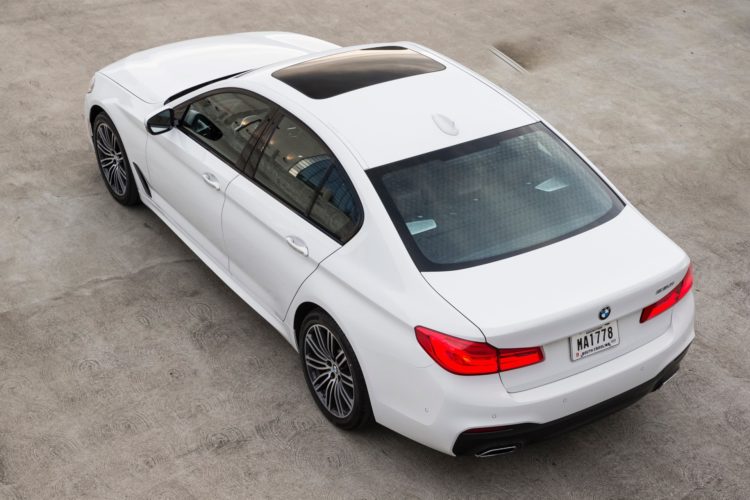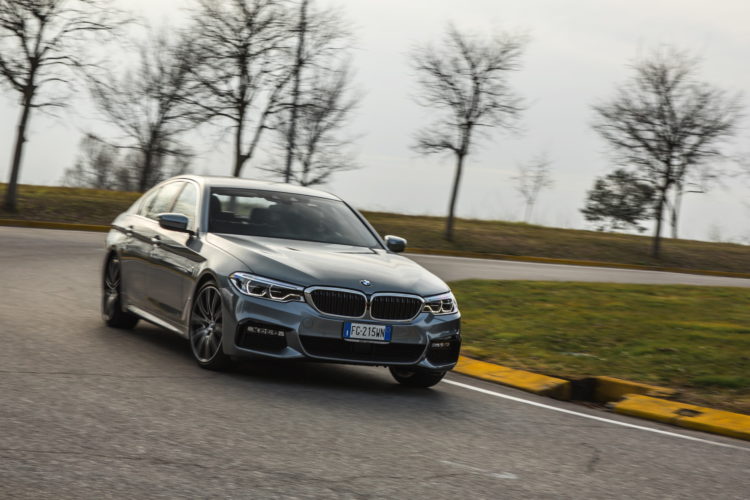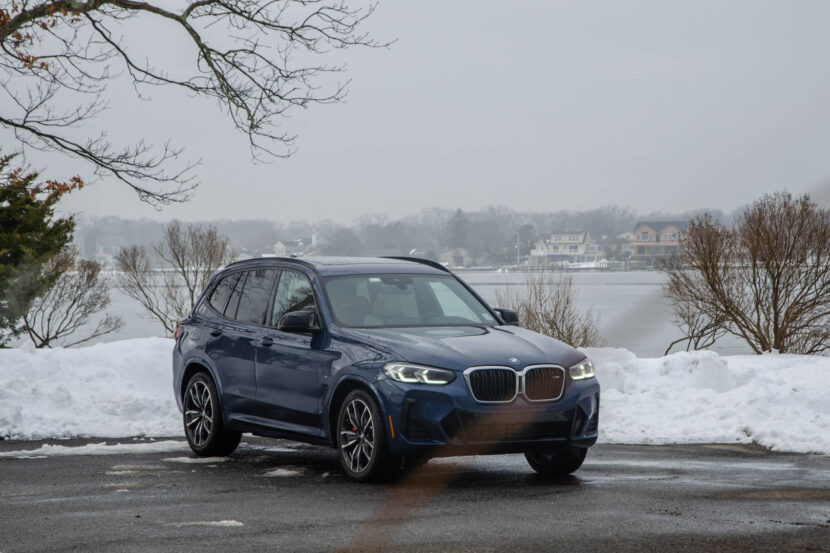As the 2017 BMW 5 Series comes into its own, BMW dealers are complaining that the supply is drastically outpaced by the demand. According to Jeff Dyke, president of operations at the nation’s biggest BMW retailer in the country, Sonic Automotive Inc., there’s just not enough product to go around, with supplies being “really, really light.”
BMW supposedly didn’t expect sales of the new 5 Series to be so good from the get go. According to Automotive News, at the end of last month, there were just 200 unsold cars sitting in dealer parking lots across the country, a rather small number for a large volume car. Considering the new 5 Series models started arriving in dealerships across the US in mid-February, things are looking good at the moment.
“So it’s a scarce species,” said Ludwig Willisch, head of BMW Group Region Americas. “Was it really expected to be that low? I don’t think so, but it’s one of the nicer problems to have.” Furthermore, going by the numbers, Sonic’s 15 dealerships now have, in total, about 224 cars in their lots, which account for a 15-day supply at most.
The numbers are encouraging but still far from the best sales figures the mid-size sedan from Munich recorded in the US. Back in 2013, the 5 Series set a record that’s going to be hard to beat, with 56,863 units being delivered to their owners, making the F10 5er one of the most successful models ever launched by the Germans. Ever since, sales have been steadily dropping, understandably so especially as we got closer to the launch of the G30 version. Last year only 32,408 cars were sold, as the last details were set in stone for the unveiling of the current model.
However, BMW is ramping up production to at least try and keep up with the current demand. At the same time, the short supply is maintained on purpose for practical reasons, as Tim Kraemer, chairman of the BMW National Dealer Forum explains: “We want to make sure everyone is watching and monitoring the correct balance, and I believe they are. They don’t want to oversupply it to where either one of us has to discount it or incentivize it to sell.”







































































